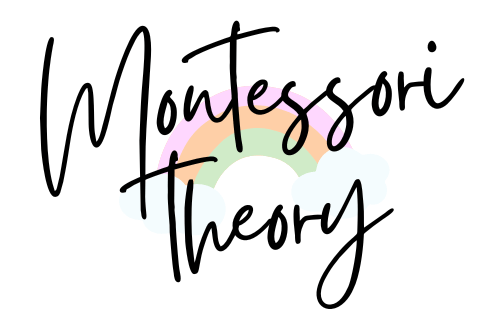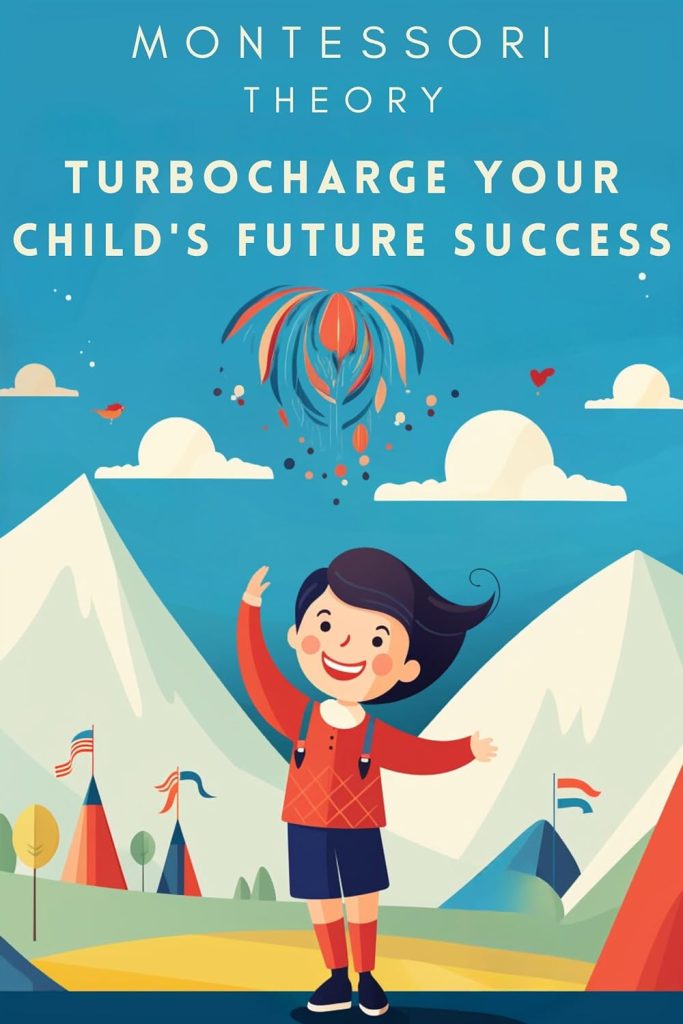Explore the distinct approaches of Montessori Nido and traditional daycare in shaping early childhood education. This article highlights the differences in educational philosophies, learning environments, and the role of parental involvement. Understand how each method influences a child’s developmental journey and learn about the unique aspects that define Montessori Nido’s self-directed learning and traditional daycare’s structured group activities. Join us in examining these two paths in early learning and determine which aligns best with your ideals for nurturing young minds.
Educational Philosophies and Approaches
Montessori Nido environments are deeply influenced by the Montessori philosophy, which places a strong emphasis on self-directed learning, independence, and creating environments that are specifically designed to cater to the unique developmental stages of infants. In these settings, educators play the role of guides rather than traditional teachers. They observe and support each child’s individual growth, focusing on sensory-motor development and fostering an environment where children can explore and learn at their own pace. This approach encourages children to develop a sense of autonomy and a love for learning from a very young age.
In contrast, traditional daycare settings often adopt a more conventional approach to early childhood education. These environments typically emphasize structured schedules and group activities, focusing on a standardized approach to childcare and development. The emphasis is often on group learning experiences, with activities designed to cater to the needs of the group as a whole rather than individualized attention to each child’s developmental stage and interests. This can lead to a more uniform educational experience, which may not fully address the unique needs and potential of each child.
Curriculum and Learning Environment
In Montessori Nido environments, the curriculum is highly individualized, catering to each child’s unique developmental needs and pace. This approach allows children to explore and learn in a way that aligns with their personal growth and interests. The learning environment in Nido is sensory-rich, filled with materials and activities that stimulate the senses and encourage exploration. This setting is meticulously designed to foster independence, cognitive development, and motor skills.
In contrast, traditional daycares often implement a more uniform curriculum that is designed to meet the general developmental needs of the entire group of children. This approach may not account for the individual differences in learning pace and interests of each child. The environment in traditional daycares is typically more focused on group activities and structured play, which may not offer the same level of individual exploration and discovery as in a Montessori Nido setting.
Transition and Developmental Continuity
The transition process within the Montessori system, particularly from Nido to subsequent educational stages, is carefully planned to ensure a smooth and continuous developmental journey for each child. This seamless transition is achieved by maintaining consistent educational philosophies and practices across different levels, allowing children to adapt easily to new learning environments without experiencing significant disruptions.
On the other hand, transitions in traditional daycare settings can be more challenging. As children move from one stage to another, they may need to adapt to entirely new routines, teaching styles, and educational philosophies. This can lead to abrupt changes in the learning environment, which might be unsettling for some children and potentially impact their developmental continuity. The lack of a consistent educational approach through these transitions can create a disjointed experience, contrasting with the cohesive and continuous development fostered in Montessori Nido environments.
Parental Involvement and Education
Parental involvement and education are also significant factors that distinguish Montessori Nido from traditional daycare settings. In Montessori Nido, parents are considered crucial partners in the educational process. There is a strong focus on educating parents about the Montessori philosophy and methods, encouraging them to extend these principles into the home environment. This partnership ensures a consistent and unified approach to the child’s development, reinforcing the educational experiences at school with supportive practices at home.
On the other hand, while traditional daycares also value parental involvement, they may not place the same level of emphasis on educating parents about their educational philosophies or methods. Communication in these settings often revolves around the child’s day-to-day activities and developmental progress, rather than a collaborative and shared educational approach. This difference highlights the unique approach of Montessori Nido in creating a comprehensive and collaborative educational environment that involves parents actively in their child’s learning and development.
| Feature | Montessori Nido | Traditional Daycare |
|---|---|---|
| Philosophy | Child-centered, focusing on independence and self-directed learning. | Group-centered, often with a more standardized and structured approach. |
| Learning Environment | Sensory-rich, carefully prepared environment tailored to individual exploration. | More generic, designed for group activities and play. |
| Curriculum | Individualized, allowing children to progress at their own pace. | Uniform, often based on the average developmental needs of the group. |
| Educator’s Role | Guide and observer, facilitating the child’s natural learning process. | More traditional teaching role, often leading group activities. |
| Activities | Self-directed, hands-on learning with specially designed materials. | Often pre-planned, with a focus on group participation. |
| Socialization | Emphasis on developing social skills through independent and small group interactions. | Focus on group activities and socialization in a larger group setting. |
| Assessment | Based on individual progress and development. | Often standardized, focusing on milestones typical for the age group. |
| Transition to Next Stage | Seamless within the Montessori system, maintaining a consistent learning approach. | May involve adapting to new routines and educational philosophies. |
| Parental Involvement and Education | Strong emphasis on parent education and involvement in the Montessori philosophy. | Parental involvement focused more on updates and participation in activities. |


